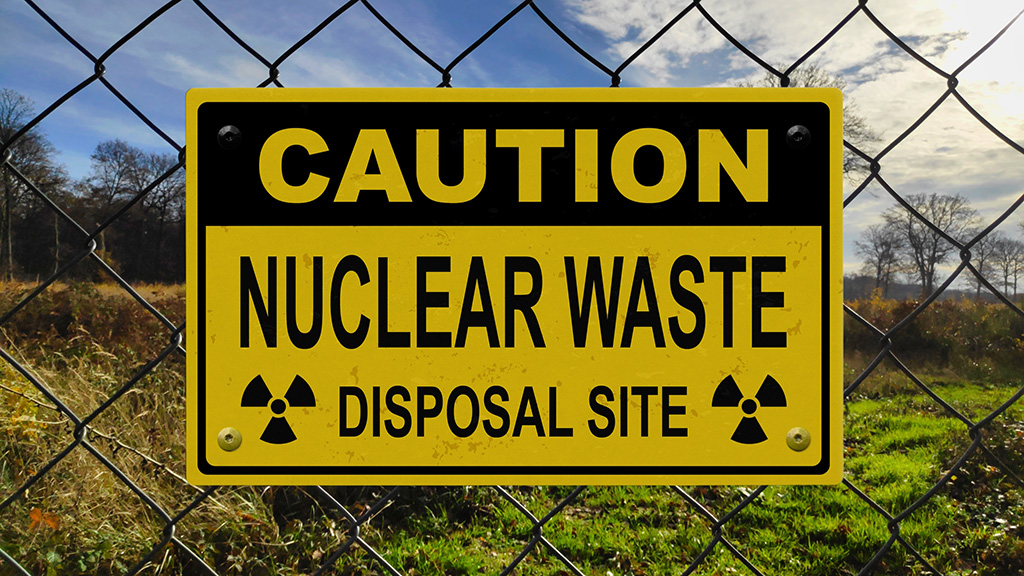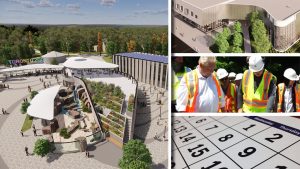OTTAWA — Several First Nations and environment advocates are criticizing a decision by Canada’s nuclear regulator to greenlight a proposed nuclear waste site near the Ottawa River.
The Canadian Nuclear Safety Commission has, following an environmental assessment, authorized construction of a waste facility on the site of the Crown-owned Chalk River Laboratories, which tests nuclear technology in Deep River, Ont., about 180 kilometres northwest of Ottawa.
The site sits within a kilometre of the Ottawa River, on the traditional unceded territory of the Algonquin Anishinaabeg peoples.
Kebaowek First Nation councillor Justin Roy, whose community is located on the other side of the Ottawa River, says his First Nation and others are reviewing the regulator’s decision and will consider all options, including asking for judicial review.
The regulator says in its approval announced the project is “not likely to cause significant adverse environmental effects.”
Roy argues the project would cause adverse environmental effects including deforestation of almost 40 hectares of old growth forest and put several animal species at risk, including black bears and eastern wolves.
He says the approval also violates Canada’s commitments under the United Nations Declaration on the Rights of Indigenous Peoples, which requires free, prior and informed consent from an Indigenous community prior to any development on its ancestral land.
The Canadian Environmental Law Association, an organization that was involved in the review process, says it regrets the regulator’s decision.
Executive Director Theresa McClenaghan says her organization is concerned that radioactive contaminants would eventually leak into the surrounding wetlands and the nearby Ottawa River.
The proposed facility consists of an engineered containment mound, a wastewater treatment plant, and other support facilities, and it’s expected to have an operating life of at least 50 years.
It will hold up to a million cubic metres of low-level radioactive waste.
The Canadian Nuclear Safety Commission launched its environmental assessment in 2016, but First Nations have said the assessment wasn’t culturally relevant, leading them to release their own report in June, which that noted the area around Chalk River was never ceded by the Anishinaabeg people, nor were they consulted when the original Chalk River Laboratories site was developed in the 1940s.
© 2024 The Canadian Press











Recent Comments
comments for this post are closed